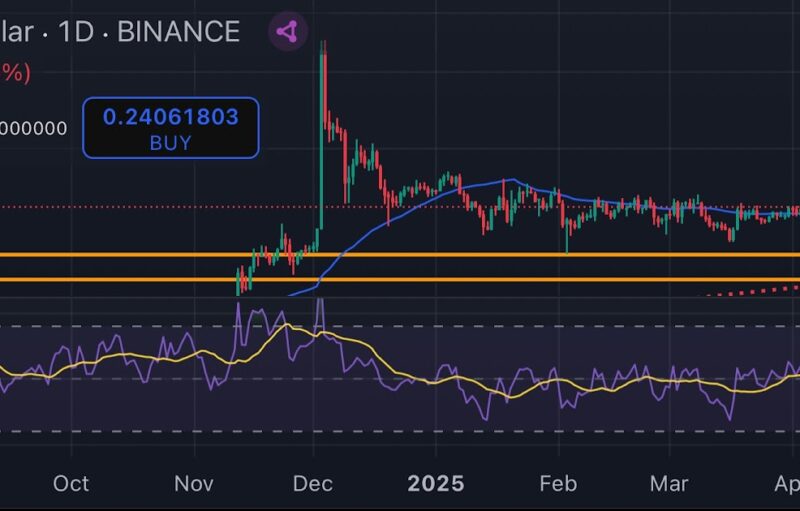
 The Ethereum issuance of Tether (USDT) is quickly becoming the most utilized version of the stablecoin – and pushing Bitcoin and Omni out of the game. | Source: Shutterstock
The Ethereum issuance of Tether (USDT) is quickly becoming the most utilized version of the stablecoin – and pushing Bitcoin and Omni out of the game. | Source: Shutterstock
Tether (USDT) transactions on the Bitcoin blockchain are losing ground to Ethereum at an ever-increasing rate. Ever since the Tether stablecoin was issued on Ethereum in January 2018, it has slowly gone on to become the most utilized version of the USDT token (of the four in existence).
Data from Coinmetrics.io shows the gradual takeover of Tether transactions by the Ethereum blockchain.

 In less than two years, Ethereum has become the main facilitator of the USDT token | Source: Coinmetrics.io
In less than two years, Ethereum has become the main facilitator of the USDT token | Source: Coinmetrics.io
Despite Ethereum’s obvious dominance, USDT transactions on the Bitcoin/Omni blockchain have actually increased 457% since the Tether-ETH connection began. From 7,000 per day right up to the 39,000 shown at the time of writing.
However, transactions on the Ethereum blockchain have gone from zero to 130,000 in the same time period.
Bitcoin Fees Send Users to Ethereum?
Pinpointing the reason why is hardly difficult – fees on the Bitcoin blockchain eclipse those on Ethereum many times over. As of August 28th, the average fee for sending an ETH transaction stands at just over $0.12. Meanwhile, the average fee for a BTC transaction stands at just over $1, according to Bitinfocharts.

 Average fees on Bitcoin exceed those on Ethereum many times over | Source: Bitinfocharts
Average fees on Bitcoin exceed those on Ethereum many times over | Source: Bitinfocharts
That’s not to suggest it all boils down to fees. After all, it could be that those Bitcoin transactions represent a larger USD value than those on Ethereum, and such fees would appear negligible to the user.
Indeed, blockchain data shows that the average Ethereum transaction contains a dollar value of around $400. The average value of Bitcoin transactions is $28,000.

 The average USD transaction value on Bitcoin is 70 times more than on Ethereum | Source: Bitinfocharts
The average USD transaction value on Bitcoin is 70 times more than on Ethereum | Source: Bitinfocharts
The total USD value sent daily across Ethereum stands at $300 million. On Bitcoin, that number exceeds $4 billion.
Yet Bitcoin’s average fees remain more expensive than Ethereum by a factor of nearly ten (on good days). That discrepancy doesn’t just go away, and more often than not it’s the end-user who is forced to make up the difference.
Cryptocurrency exchanges are already offering tiered fee structures for users of the various versions of USDT. A naive user may not realize that different fees apply to different versions of the same token – nor that such versions exist. Yet you can end up paying four times as much for sending USDT via Bitcoin than you would with Ethereum.
The Good Times Are Killing Ethereum
But it’s not all rainbows and buttercups for Ethereum – this Tether dominance comes at a cost. Below is a screenshot of the five most transacted tokens on the Ethereum blockchain in the past thirty days.

 Less than two years from its inception, USDT has gone on to become the most transacted token on Ethereum | Source: Ethgasstation.info
Less than two years from its inception, USDT has gone on to become the most transacted token on Ethereum | Source: Ethgasstation.info
Tether tops the charts by a large margin – far and away beyond the reported scam coin which was alleged to be hogging the Ethereum network’s resources.
Until the Tether drama comes to an end (most likely with a bang), Ethereum will have to wait until its next big scaling update before anyone can feasibly be expected to build on the already overloaded network, as conceded by creator Vitalik Buterin himself.
A paper from the University of Texas in 2018 suggested much of the Tether volume was being used to manipulate the price of Bitcoin. Such practices skyrocketed in 2019, to the point where 95% of all cryptocurrency volume is thought to be fake. The situation has not improved.
Disclaimer: The views expressed in the article are solely those of the author and do not represent those of, nor should they be attributed to, CCN.
The post appeared first on CCN






